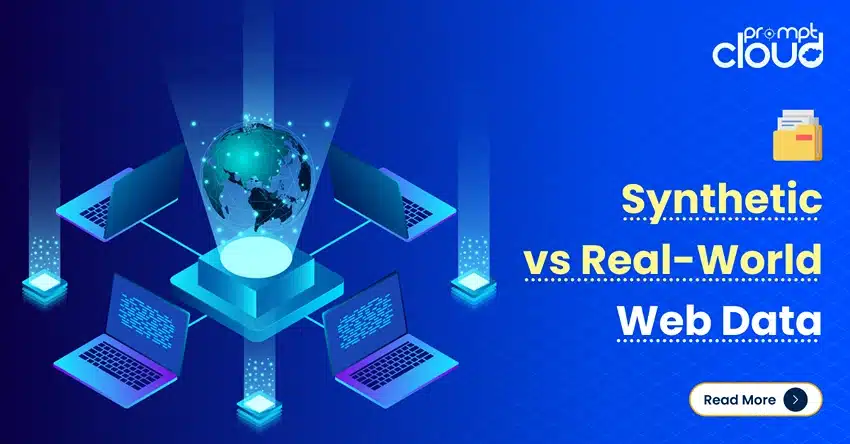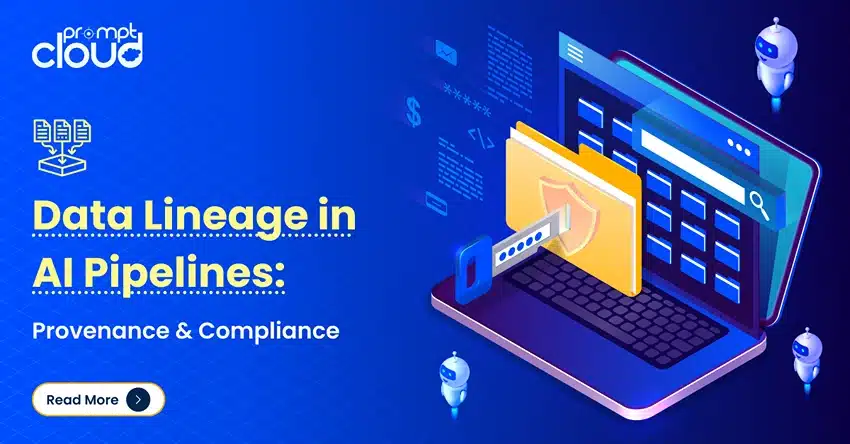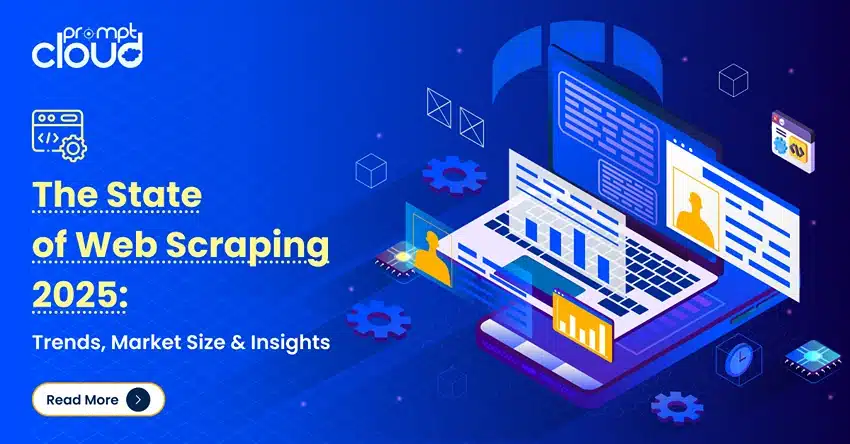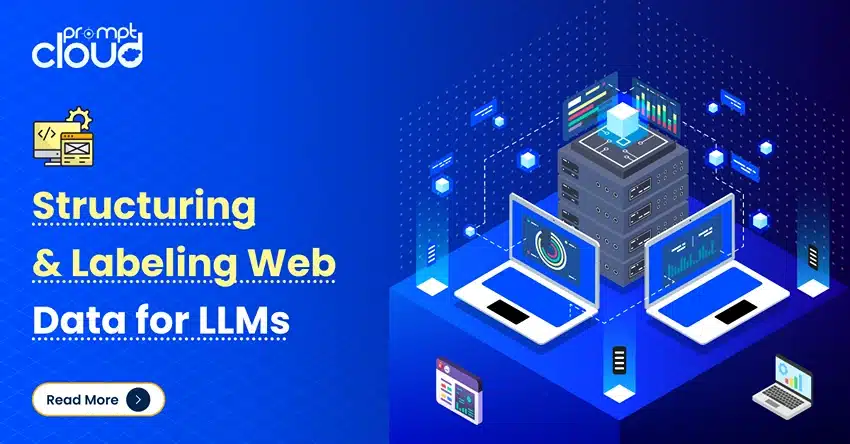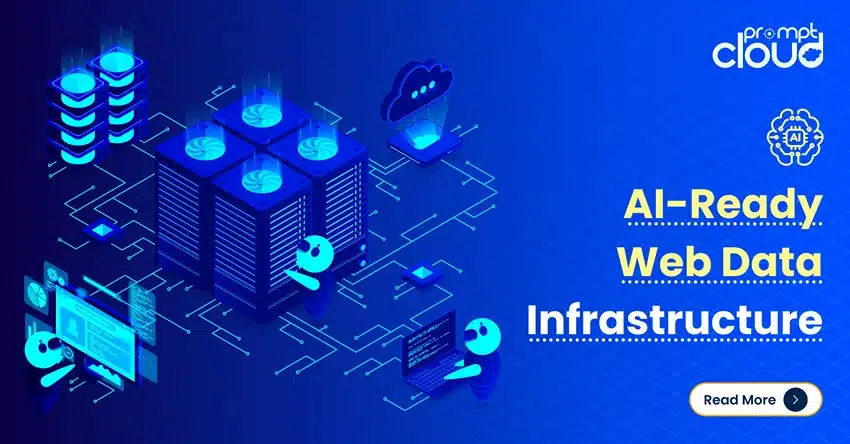The sheer amount of data across the world has been exploding at a rapid pace, and analyzing those massive data sets, supposedly called big data, would actually become a basis of competition among businesses, innovation, supporting new waves of growth and consumer surplus. The increasing volume of information and details captured by organizations, the rise of social media, multimedia and Internet of Things (IoT) would fuel immense growth in data in the future.
Apart from the sheer scale and size of big data, the high-frequency and real-time aspect of data also hold significant importance. For example, estimating consumer confidence immediately, which previously was done retrospectively, is used more extensively now, adding more power to prediction. Moreover, the high-frequency of data permits the users to analyze and test the theories in real-time never seen before possible.
The benefits of big data increase rapidly across the globe as data and information is shared. However, the main challenge for private and government organizations is to apply big data to different types of problems affecting people, while minimizing the manageable risks related with greater availability of data. For example, just as developers of first oil well in Titusville city, Pennsylvania, United States, were not able to envision the airplanes and combustion engine, we cannot anticipate all the benefits of cheap and abundant big data.
Big Data’s Impact on U.S. Economy
While the world is witnessing the advent of big data in a big way, its impact on US economy is quite considerable. Companies that focus on increasing value to customers with the help of big data without increasing their cost will gain significant market share from their competitors. If U.S. firms take their share from overseas businesses, national income will rise.
Big data value is also tied to the Internet of Things (IoT), which includes integration of sensors, transmission and processing power into the creation of variety of gadgets and devices. This has led to many start-ups originating in the US, dealing in the manufacturing of IoT-related gadgets and objects. This progress has also led to an increase in data generation in the US, including social media, financial transactions, medical treatments and traffic patterns.
Big data helped GM’s OnStar in generating new products and services for the customers. OnStar is actually custom-tailored clothing where information is the product itself or the information contributes to the overall quality of another merchandise or product.
US retailer Wal-Mart also benefitted from big data. The American multinational retail corporation was able to optimize supply chains and production processes with the help of big data. The company improved its organizational management to make better and informed market decisions, integrated customer feedback into the creation of better products and enhanced its research and development (R&D), which actually shortened the trial and error procedure of innovation.
According to US Management Consulting Firm, McKinsey & Company, increased use of data would generate $3.1 trillion as additional revenue and value each year across the world in seven industries, and out of this, $1.4 trillion would benefit the US economy. The consulting firm further says that more than half of $3.1 trillion would directly go to customers in the form of reduced traffic congestion, better matching options between students and schools, and improved comparison shop. The rest of the value would go to businesses that either develop new products or services involving the use of data or exploit data in order to gain market edge over their rivals. Wal-Mart Inc.’s decision to use big data to improve supply chain has already led to a 17 percent increase in their revenue over the past 4 years.
A study by Massachusetts Institute of Technology (MIT) found that companies that use data in their decision-making actually achieve productivity and output that is 5-6 percent higher, compared to firms that do not use data-driven decision-making. This advantage goes on to other business aspects, including return on equity, market value and asset utilization.
Big Data Potential on Private Sector in the US
US-based trade organization Direct Marketing Association (DMA) commissioned a 2013 study, which measured the overall size of data-driven marketing economy (DDME), delineated as the group of firms that offer marketing services centered on individual customer data for marketing companies. The study found that producers spent $156 billion in 2012 on these services and created employment for 676,000 people.
In the US, the DDME enabled companies to market more efficiently according to their products and services, and target potential customers with offers and products that match their interests and needs. Secondly, sellers were able to improve their efficiency by matching marketing efforts with the results. Furthermore, DDME reduced the operating barriers for small firms because it lowered the cost of acquiring and using top quality consumer data.
Recently, US-based philanthropic investment firm, Omidyar network, released an economic assessment of adopting Open Data policies. The study concluded that Open Data policies, if implemented, would increase annual revenue within G20 countries, including the US, by $710 billion to $960 billion. The benefits would come in the form of improved workplace conditions, reduced corruption, reduction in regulatory costs related with international trade and better energy efficiency.
Like financial innovation, big data is an evolving concept, which needs constant adaptation and education. It is offering huge rewards and benefits to businesses in the US that are creating value for consumers through better goods and services with the help of big data. Surely, it has immense potential to help businesses and organizations operating elsewhere in the world.
Big data is one of the biggest unexplored resources yet, but constant advancements in information technology have helped us to finally tap this resource. Together with Internet of Things, it can have a broad impact on society and economy, and its full impact would be evenly spread and realized over several decades. It would take some time for people around the world to use a new resource and apply the changes, but the potential of big data is truly transformative and of significant economic impact.











